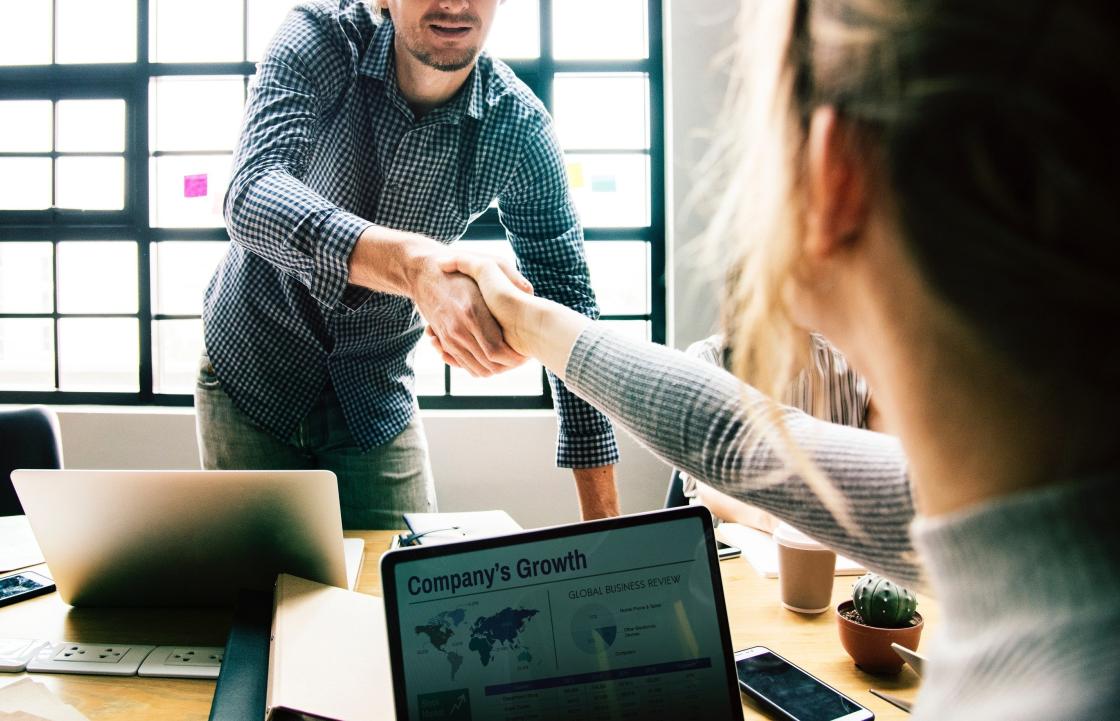
What happens when a business is either starting to grow too fast, or its customers are paying too slowly? Simply stated, a cash crunch is a highly likely result when companies grow at the expense of their sales becoming more and more dependable on receivables. This is where factoring comes in as an option likely to help turn a business's cash flow in the right direction.
Factoring in a nutshell:
When the business sends a customer an invoice, it instructs them to send payment to a third party known as the factoring agent. The factoring agent in turns, pays the business a portion of the invoice immediately and another portion when the bill is finally settled by the customer.
Fundamentally, factoring agents earn their fees by discounting the invoice value. For example, on a €100 invoice, the business might receive €75 upon presentment; and when the customer pays the final bill, the business may get another €20. That leaves €5 for the agent as a fee. It must however be noted that over the course of a year, the discounts may add up to factoring being a rather expensive proposition.
In the event that a customer does not settle the bill, the overall factoring costs shall depend on whether the business and the factoring agent have made a full recourse or a non-recourse agreement. In a full recourse agreement, the factoring agent will look to the business to make good on the note. Conversely, in a non-recourse factoring agreement, costs are driven up because the discount rate on every invoice is higher. Once however the business receives the money due, it is theirs to keep.
One of the main advantages of using a factoring agent, is the relief it provides to a business's staff when it comes to the time-consuming processing of accounts receivable. As most factors take over collections, their processes are automated and they make bulk payments directly to the business' bank account. This is a relief for staff who can now confine their responsibilities to simply tracking payments from the factor.
Factoring is ideal for businesses with customers of solid credit histories and the ability to settle their bills. One example is businesses that deal with sales to the government as payments tend to be reliable - albeit somewhat slow. These days, huge finance companies offer factoring as an attractive outsourced collections service.
As factoring can free up large amounts of working capital, companies with big clients and large invoice values, should definitely consider factoring as a viable business option. As more working capital is secured, it becomes easier to purchase more inventory and fund other short-term projects that can boost a company’s growth.

